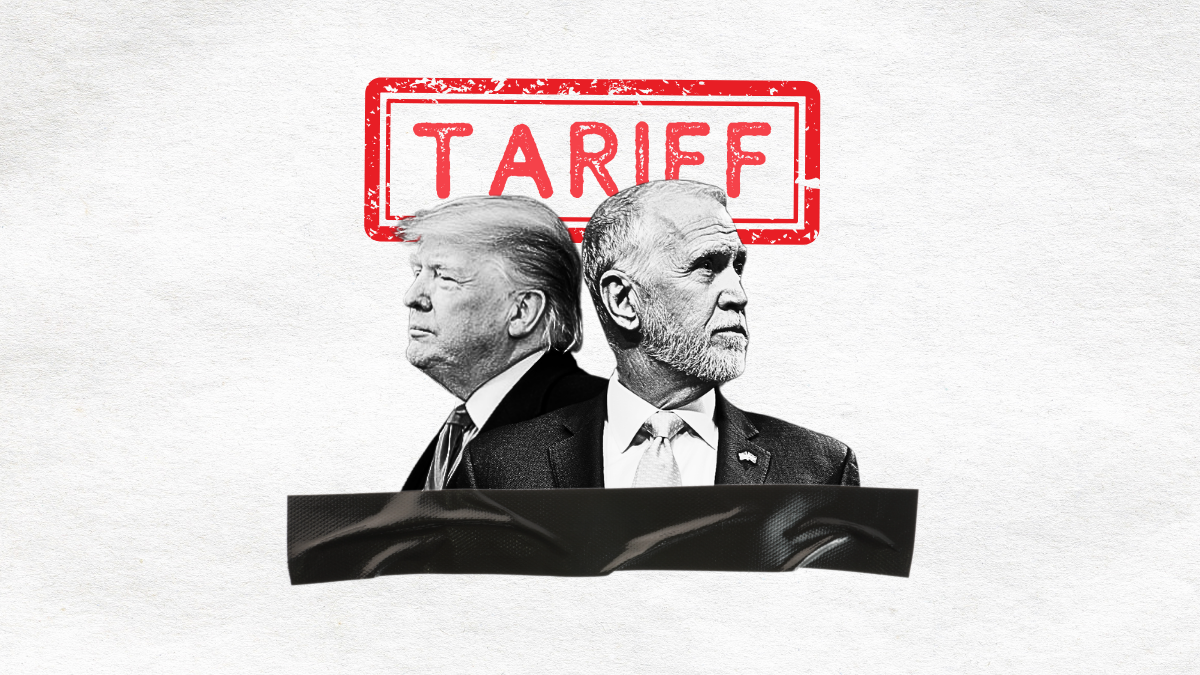As President Trump threatens tariffs on imports from Mexico, Canada, and China, economists predict a hit to American consumers’ wallets.
North Carolina Senator Thom Tillis (R) is continuing to struggle when asked about tariffs, careful not to criticize Trump while signaling his anxiety over the policy. Tillis was previously censured by the state GOP for holding views contrary to MAGA and now appears wary of stepping out of line with the movement.
Tillis said Trump should “absolutely” threaten tariffs as leverage in defense and border negotiations. But the senator, whose home state of North Carolina exports more than $700 million worth of goods to Canada each year, noted that tariffs can trigger higher prices, saying “you have to be very careful.” Tillis also said on X, “While making tariffs a long-term policy would hurt our economy, the strategic short-term use of them as leverage is producing results.”
Those results are up for debate. Canada and Mexico responded quickly with retaliatory tariffs, a move that rattled markets. Trump then delayed implementation of the tariffs for another 30 days, claiming that he struck a deal with both countries to improve their border security efforts.
But many of the “concessions” that Trump has claimed to have won were already in the works. Both Canada and Mexico had already committed to the border efforts that were announced.
NC State economist Mike Walden estimates that tariffs could cause the overall inflation rate in the United States to go up an additional three percent to four percent. Gas, fresh produce, and consumer electronics are some of the top goods the U.S. imports from these countries.
In North Carolina, the auto parts-producing industry could get hit especially hard. North Carolina has emerged as a leader in car battery production, but those batteries are often sent to Mexico during the car assembly process. Retaliatory tariffs could decrease demand for those and many other products built in the Tar Heel State.





